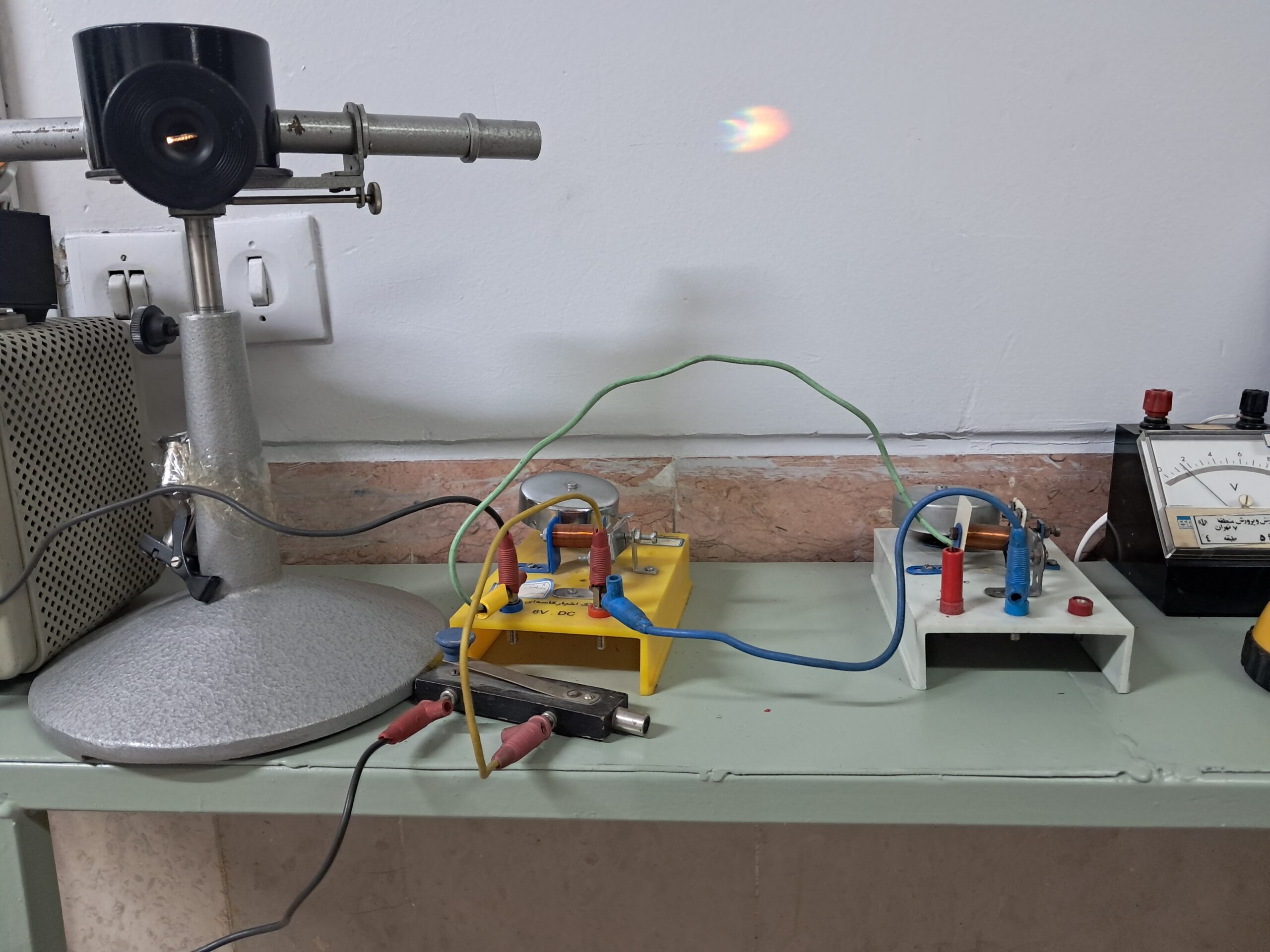آزمایشکده, آموزش فیزیک, علمی آموزشی, فایل های مرجع و مستندات آزمایشگاهی, کارگاه فیزیک, کلاس های من, مقالات آزاد فلسفه علم, مقالات نقد آموزش فیزیک
نظریه مشاهده کردن در ساینس
این مقاله عینا از روی سایت فلسفه دانشگاه استانفورد ارایه می شود
ترجمه گوگل را از اینجا بخوانید
Theory and Observation in Science
Summary: The article explores the intricate relationship between empirical evidence, theory, and observation in scientific practice, highlighting the evolution of philosophical thought from 20th century logical empiricists to contemporary perspectives.

1. Introduction
Observations serve as the basis for evaluating scientific hypotheses and theories. However, their evidential value depends on the adequacy of the theoretical claims they are based on.
2. Observation and Data
2.1 Traditional Empiricism
Historically, philosophers like Aristotle and Francis Bacon emphasized the importance of observations in developing scientific theories…
2.2 The Irrelevance of Observation Per Se
The article critiques the notion that pure observation is the foundation of scientific knowledge…
2.3 Data and Phenomena
Philosophers now prefer to think in terms of “data” rather than “observations” to infer facts about more stable phenomena.
3. Theory and Value Ladeness
Empirical results are often influenced by theoretical commitments, leading to potential biases.
3.1 Perception
Examples illustrate how theoretical commitments can distort observations.
3.2 Assuming the Theory to be Tested
Using a theory to test itself can lead to circular reasoning, though often necessary for experimental design.
3.3 Semantics
Theoretical commitments may influence the meanings of observation descriptions.
3.4 Values
Values can enter scientific reasoning at various stages, from framing research questions to interpreting data.
3.5 Reuse
Empirical results can be repurposed across different contexts, emphasizing the importance of metadata.
4. The Epistemic Value of Empirical Evidence
4.1 Confirmation
Empirical evidence supports the truth of theories by verifying predictions.
4.2 Saving the Phenomena
Theories are evaluated based on their ability to predict observable phenomena.
4.3 Empirical Adequacy
A theory is empirically adequate if it can account for observable phenomena.
5. Conclusion
The article advocates for a nuanced understanding of the relationship between theory and observation, emphasizing integration rather than pure empiricism.
In summary, theory and empirical evidence work together to advance scientific understanding.

